Bulgaria is a funny country – it seems to have an almost equal number of expatriates happy or disaffected with life in Bulgaria.
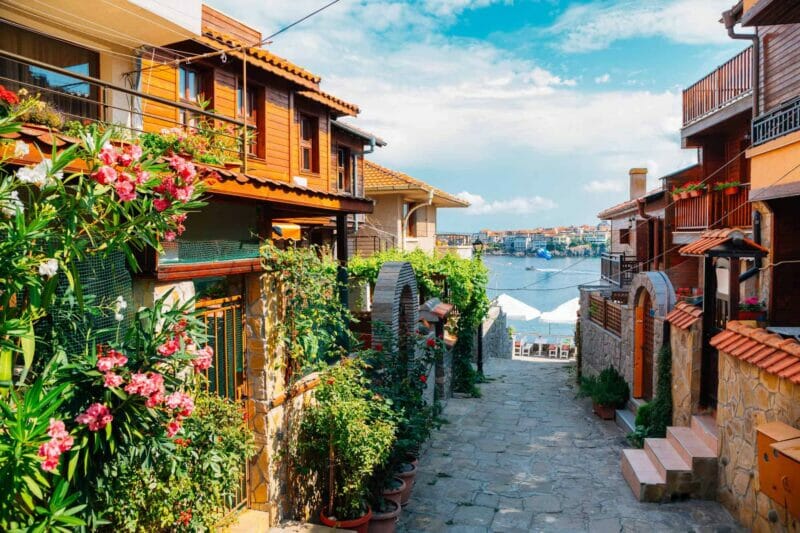
Like any other place on earth, Bulgaria has its drawbacks. Knowing them before you relocate can make a massive difference to your overall experience.
In this guide, we bring you both the positive and negative aspects of living in Bulgaria as an expat.
Positive aspects of expat life in Bulgaria
1. Flat tax rates
Bulgaria operates a flat tax system whereby personal and corporate tax rates are 10% across the board. For anyone looking to reduce the amount of tax they pay on their income or business profits, therefore, Bulgaria is definitely attractive!
Bulgaria has been chosen by a number of expats who wanted to get home or Internet-based businesses off the ground for the specific reason that their tax burden would be low. The other reason for the decisions these people have made is the cost of living in Bulgaria.
2. Low cost of living
Bulgaria is very affordable compared to the rest of the European Union.
Bulgarian hotel and restaurant prices are apparently below half the average for the EU.
Property prices in Bulgaria have settled down from their peaks following EU accession – meaning that it’s possible to buy decent accommodation country-wide (with the exception of a few exclusive suburbs in Sofia) for much less than you would pay in many other EU countries for similar accommodation.
Rent in Bulgaria, on average, is also lower, especially if compared with Northern European and North American countries.
The cost of living in Bulgaria is 48.12% lower than in the UK, US, or Northern European countries.
Alcoholic and non-alcoholic beverages cost, on average, 65% less, and clothing costs are 75% less than the European Union average.
Naturally enough, a low cost of living is a massive draw.
Retirees may find that their pension income goes far further in Bulgaria – and they could benefit from a move as they will not be dependent on the local economy to provide them with a living.
3. Good education
If you are considering relocating with children, you can choose to educate your children locally in Bulgaria, or they can attend an international school if you live in or close to Sofia, where there’s plenty of choice in terms of school and curriculum.
Private international schools like the Ango-Americal School of Sofia offer a range of extracurricular activities, student clubs, and events for students to attend.
Other beneficial activities include language learning in a multicultural environment with modern and advanced methods and a rich pool of young, enthusiastic, and dedicated Bulgarian and foreign teachers.
On the other hand, when it comes to Bulgarian public schools, they are completely free to attend, and textbooks are provided for free for students in certain grades.
International students will have the ability to meet Bulgarian peers, dive into the rich culture and learn new Bulgarian words. Bulgaria is eminent for its ability to successfully prepare students thoroughly in studies like maths, history, arts, languages and literature, biology, chemistry, and others.
4. Authentic culture
Bulgaria is a nation that has retained its national identity, history, culture, and tradition.
This means that it’s an authentic country where you really will experience a totally different way of life. Contrast Bulgaria with somewhere like southern Spain or Cyprus, and you’ll know what we mean!
5. Friendly locals
Finally, Bulgarians can be very friendly and welcoming and adjust well to having foreign residents within their community.
Having said all of the above, however, it is possible to contrast each and every positive with a negative…, and it seems it may well be down to a matter of personal opinion as to whether Bulgaria is a good place to live or not!
Some less-than-positive aspects of living in Bulgaria
If you relocate to Bulgaria with the prospect of finding employment there – you may find it very difficult to land yourself a job that will allow you to benefit from Bulgaria’s low cost of living.
1. You need to speak the language
If you don’t speak the language, the types of jobs you can get will be low-paid jobs, and you will have to work very hard to scrape a living together.
2. To benefit from the cost of living, your income should be above the Bulgarian average
Bulgaria’s cost of living is low only for those who earn above the average in the country. The average salary as of December 2022 in Bulgaria is 1947 BGN/Month (1064.633 USD/Month)
If you are moving to Bulgaria’s capital Sofia, it is important to note that the average salary in the capital is around 2000 BGN (£876.13 / $1,220.66) for the same period. It has also steadily been climbing in the last five years.
So if your income comes from outside the country and is of Western standards, you can live in Bulgaria like a king.
3. State-run schools are underfunded
Bulgarian state-run schools often operate with outdated equipment and old material bases.
It is not until students reach the 10th grade that they can slightly personalize their educational curriculum. Until then, students follow a standard educational curriculum, learning about preselected subjects.
It’s also worth noting that there is an evident segmentation of elite and non-elite schools in the state-run school system, which can create certain communication problems with peers from other schools.
4. Bureaucracy
Paperwork can be painful. The immigration process, registering with a doctor, opening a bank account, buying a property in Bulgaria, and other things involving state organizations remain a complex process that should not be underestimated. Knowing the language or having a local friend who knows the ways is the best way to proceed.
In our Living In Bulgaria guide, you can find more information on Bulgarian residency, banking, healthcare, and more.
The pros and cons of living in Bulgaria – summary
Perhaps our report on the positive and negative aspects of living in Bulgaria will help and inspire you to move. But do think about this aspect of your relocation carefully and well in advance of your committing to move.
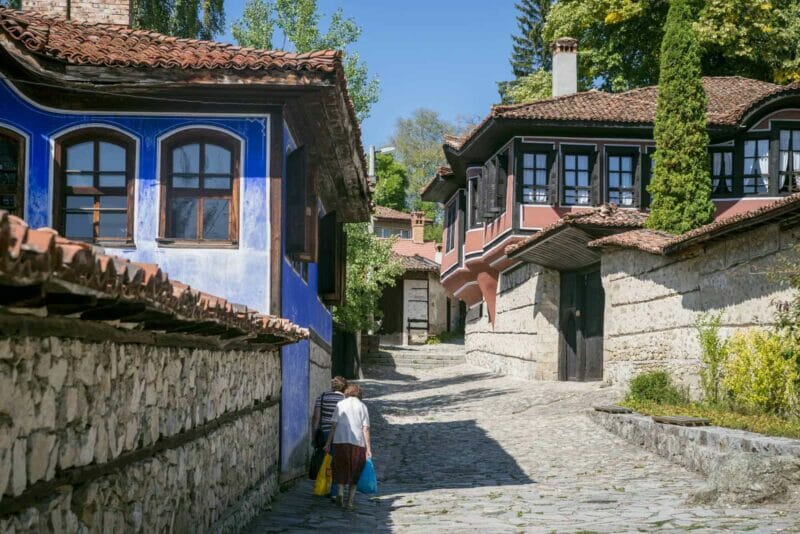
If you are considering Bulgaria, it is one of those nations where preconceptions count for very little. It’s very useful to consider the pros and cons of living in Bulgaria before you move. Still, you need to spend an extended time exploring before you commit to your relocation.
You might find useful:
- Living In Bulgaria – a detailed guide to moving to Bulgaria: residency and visas, healthcare, property matters, banking, and more.
- The Best Places To Live In Bulgaria For Expats
- Visit our homepage for a comprehensive range of Living Abroad guides.
Helpful external links:
- Bulgaria – Culture, Etiquette, and Business Practices at commisceo-global.com.
- The cost of living in Bulgaria data – Numbeo.



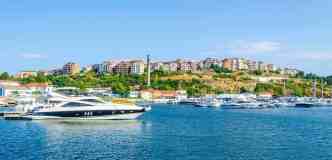
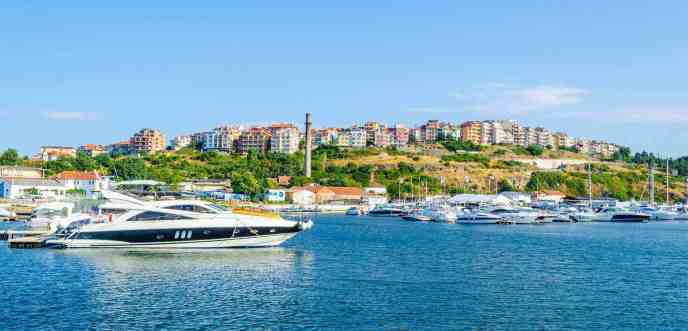


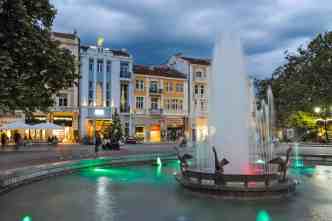
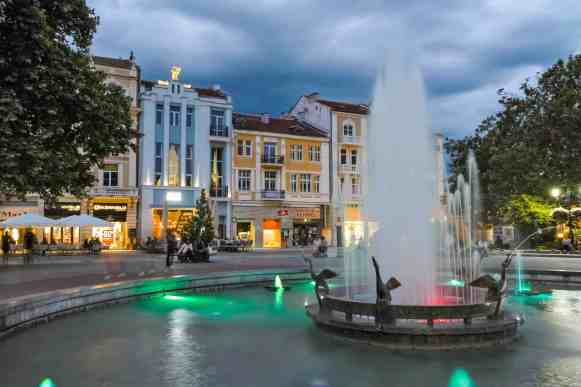


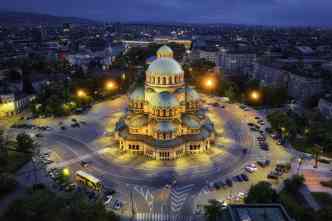
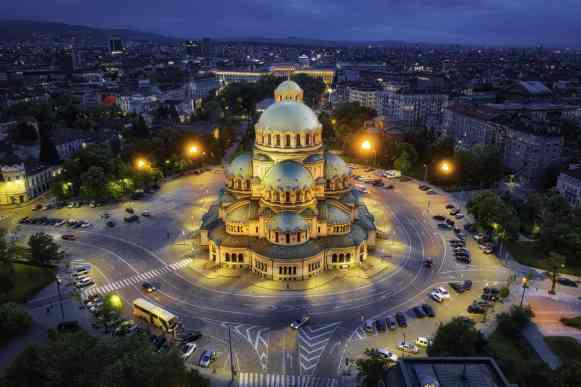


Your article “hit the nail on the head”, as they would have said in Texas. Yes, I am a retired Expat originally from Texas. My transition to the Bulgarian lifestyle was very easy because I married a Bulgarian woman (retired school teacher). As indicated in your excellent article, there are pros and cons to relocating to Bulgaria. If you can overcome the cons, you will like it here.